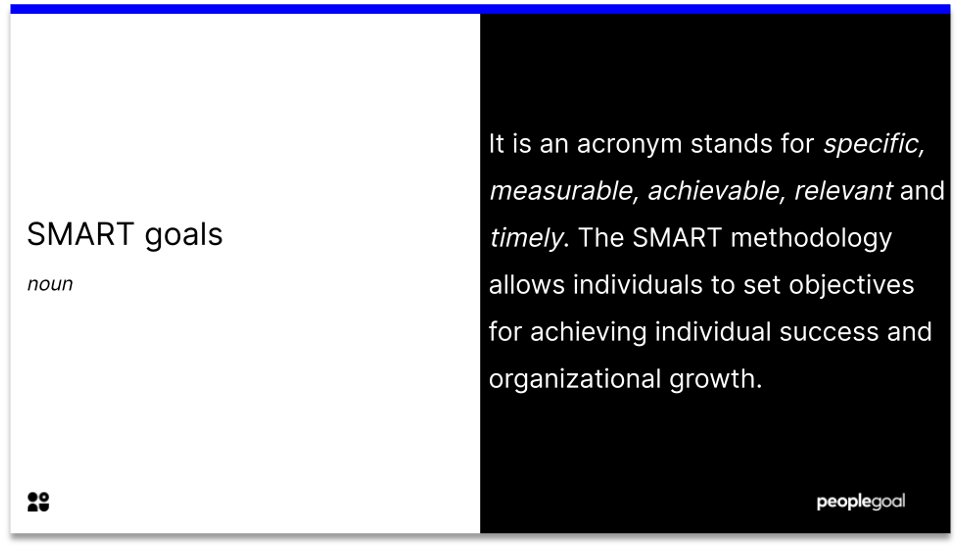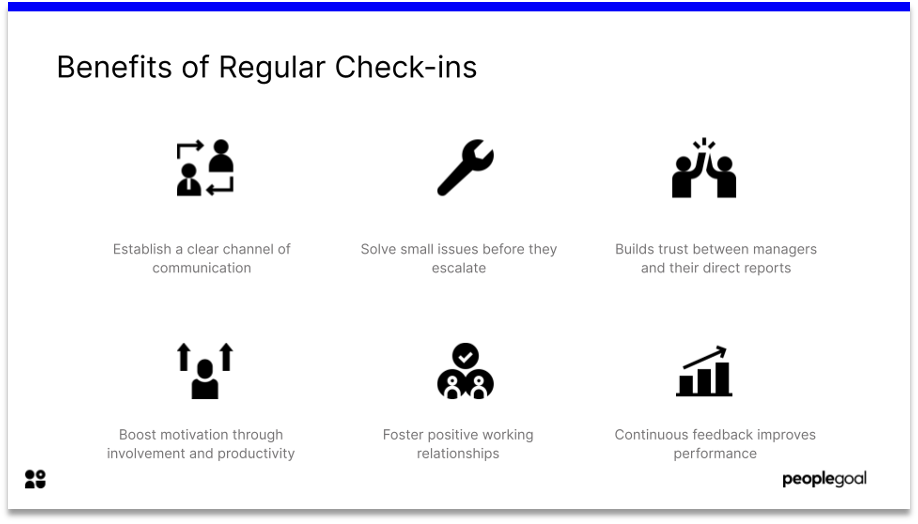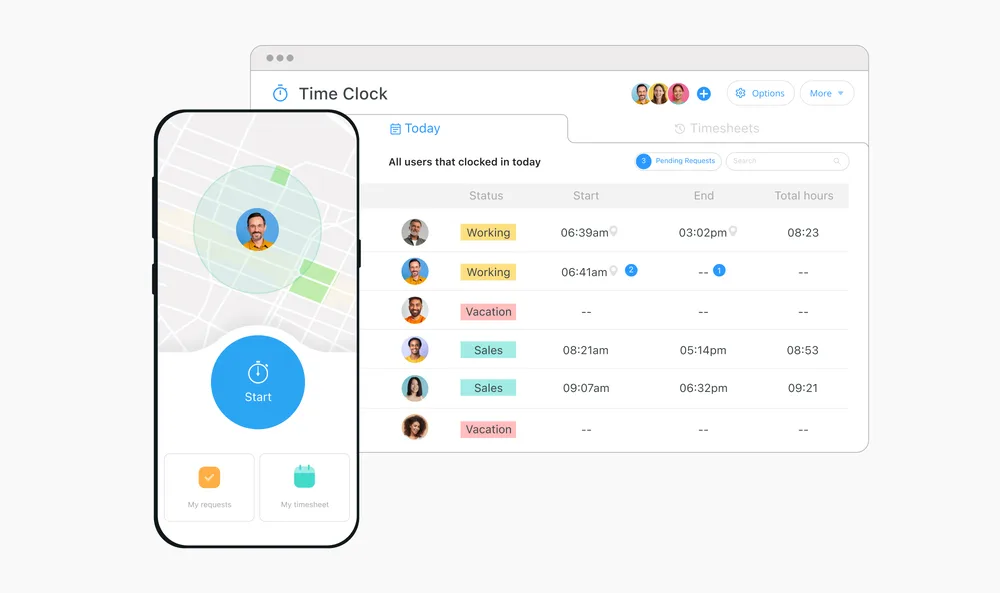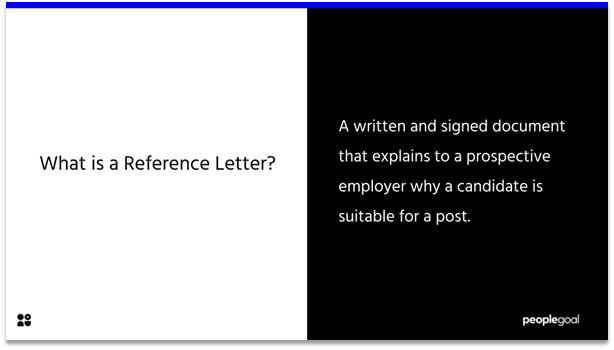As we come closer to the end of the sporting year in 2024, we thought it would be apt to reflect on it through the guise of our HR spectacles. What can we in the HR industry learn from the world of sport and what lessons can we take from the best sporting moments of the year: South Africa winning the Rugby World Cup, England winning the Cricket World Cup, Ben Stokes’ 135 not out for England in the Ashes, the USA winning the women’s Football World Cup, Andy Ruiz Jr out boxing Anthony Joshua, Tiger Woods showing that age is but a number with his return to the top of golf with victory in Medina, and my personal favourite, two Youtubers showing how not to box but earning a reported £35 million in the process!
So, with the proviso of always trying to improve and move the HR industry forward, we decided to research what top-level sport can teach us. This is what we found…
High Performing Teams Lessons from Sport for HR

1.Teamwork
An easy and obvious one to begin with: Teamwork. An imperative facet of any and all successful high performing teams in the world of sport, and the world of work. Without erroneously drifting into popular culture, but the Mighty Ducks or the Average Joe’s didn’t have the best individual teams but they one through the teamwork and determination they imbued. I don’t need to tell you about the importance of teamwork, because everyone knows how integral it is to anything in life, but if you’re interested in characteristics of high performing teams you can read about it here.

2. Performance Management
There is so much attention placed on performance in professional sport. Diagnostic tools, sports analysts and the like are all dissecting performance to the nth degree to try and achieve edges over their competition. Performance management in HR should be similar. Analyze your employees, identify their strengths and uncover their weaknesses. Performance management in HR is a means-tested method to continuously improving your employees.

3. Talent Acquisition
Acquiring the top talent at a club or organization is one of the key reasons why sports teams stay at the top of their game. Take the top clubs in Premier League for example, currently Liverpool, Manchester City and Chelsea are continuously investing in their squads when they transfer window. But I hear you ask, why do they keep investing in their squads and bringing in new players? The answer… to stay at the top! If they don’t acquire the best talent, they are stagnating, and if they are stagnating, the competition is catching up! So, what is the lesson for HR? Keep bringing in fresh blood, expand your team to keep developing, and by acquiring the best talent, you are keeping them away from your competition. The top clubs attract the best talent, try and attract the best talent by showing prospective employees why they should join your organization.

4. Talent Retention
The best team keeps their best talent, even if that means paying them the top dollar. If you look at the two best footballers in the world currently: Lionel Messi and Cristiano Ronaldo, they are consistently being paid some of the highest reported earnings in the game and they are treated well at their respective clubs. Money often isn’t the be all and end all at an organization. Take Ronaldo for example, he was paid very well at Real Madrid, but he felt his views and the decision making at the club wasn’t with him in mind. So, what did he do? He left for another club, who he felt valued his experience and quality better. What can HR learn from this? Value your employees, treat them well and involve them with decision making at the organization. Make sure they continuously feel valued both in the monetary sense and in terms of engagement levels.

5. Youth Development
Some of the most successful sporting organizations in the world are those who are continuously looking into the future. This more than anything means investing in the youth. Building state of the art facilities, helping out with more pastoral concerns and most importantly, investing in their development. Take the Ajax academy and Clairefontaine who continuously produce some of the world’s best football players. What can HR learn from sport here? It is important to have a generational mix at a company, invest in the youth and teach them important skills along the way, to mould them into a model employee at your organization.

6. Technology
With the growth in technology in sport comes the growth in performance levels. Wearable physical trackers, cameras capturing absolutely everything and sporting equipment being the most advanced it has ever been all add up to performance in sport reaching its peak level. Teams continuously invest in the newest and most effective technology to keep their performance at peak levels, take the Golden State Warriors for example, in the recent years they’ve been the dominant team in the NBA. But this wasn’t always the case. When they brought in Kirk Lacob, he brought with him in-depth data analysis and statistics on every player to see their performance with respect to the team. And look where they are now… a top team in the NBA. From a different angle, technology has made sports more effective and accurate. Goal line technology, video assisted referee and hawk eye help to make decision making in sport more accurate. Not only does HR use technology to track the effectiveness of employees using performance management software, but HR also uses technology to contact employees, store files and track performance. Technology makes HR practices more efficient, so perhaps HR is more like sport technology which makes sport more accurate and efficient and tracks levels of individuals.
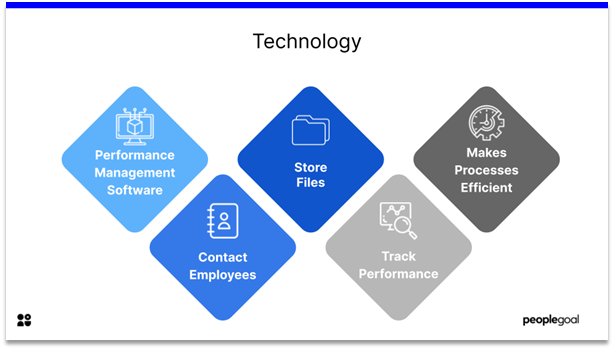
7. Recovery
What do Tom Brady, Barry Bonds, Floyd Mayweather and Martina Navratilova all have in common? They all played or are still playing top level sport in their 40’s. Now this isn’t some fluke or miracle, they are in peak condition because they look after their bodies, and this includes rest and recovery. What can HR learn from recovery in sport? Well, it is an integral part I keeping your workforce fit and healthy? Without rest and recovery, employees become over-worked, stress and most likely to need time off. Allowing your employees to switch off and carry on with their own private personal lives. For some it’s the ‘Work Hard, Play Hard’ mantra, for others it’s the ‘Work Smarter, Play Better’ for others it is the opportunity to work 4 days a week.
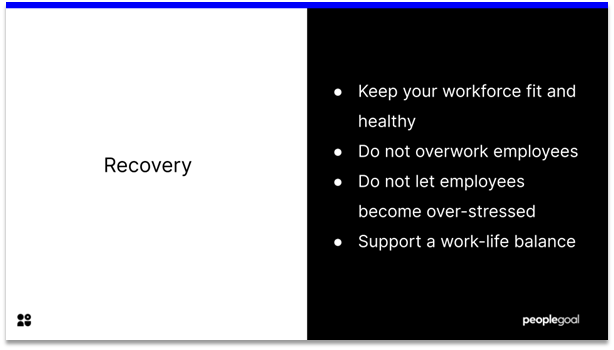
Ready to 3x Your Teams' Performance?
Use the best performance management software to align goals, track progress, and boost employee engagement.

